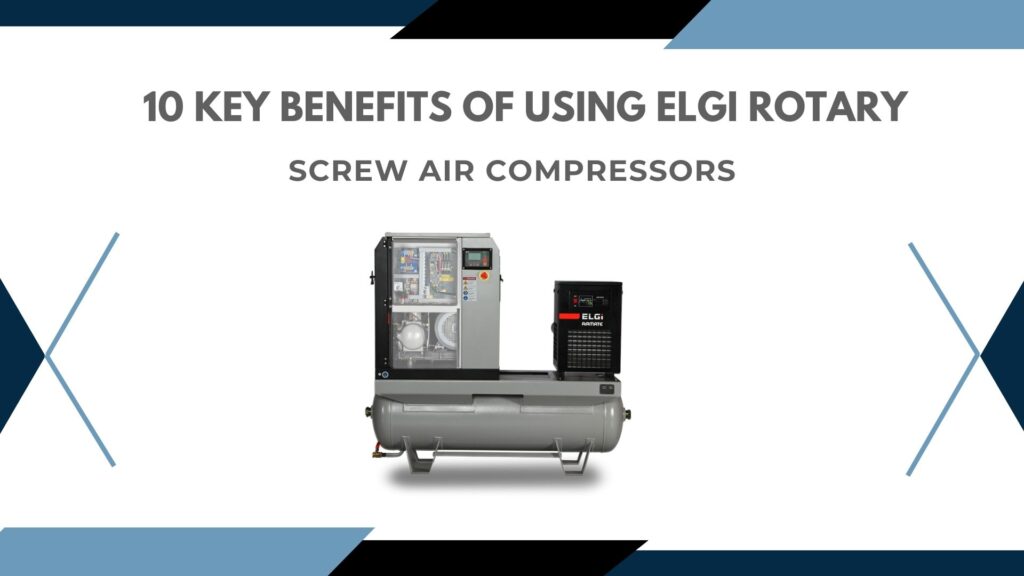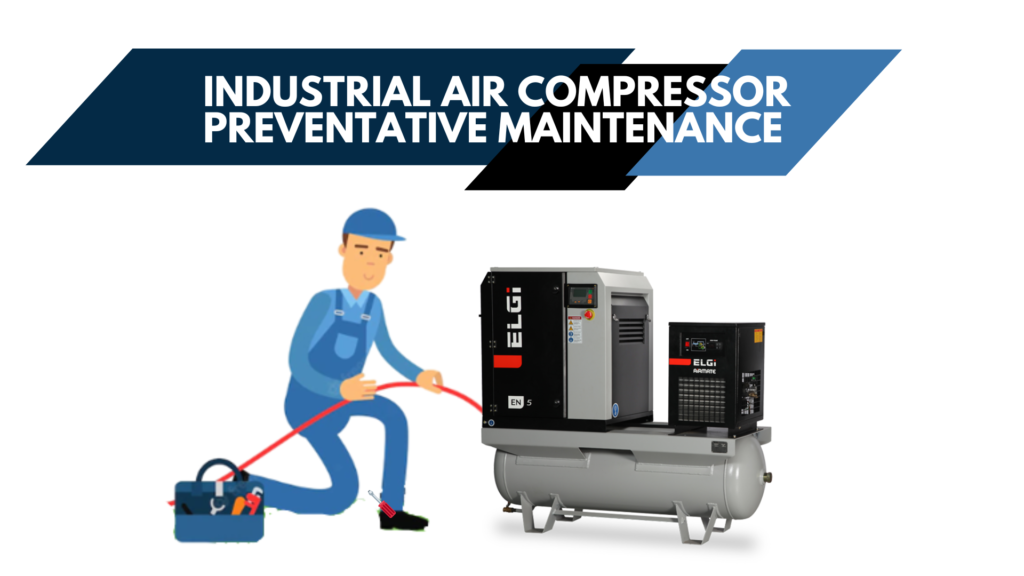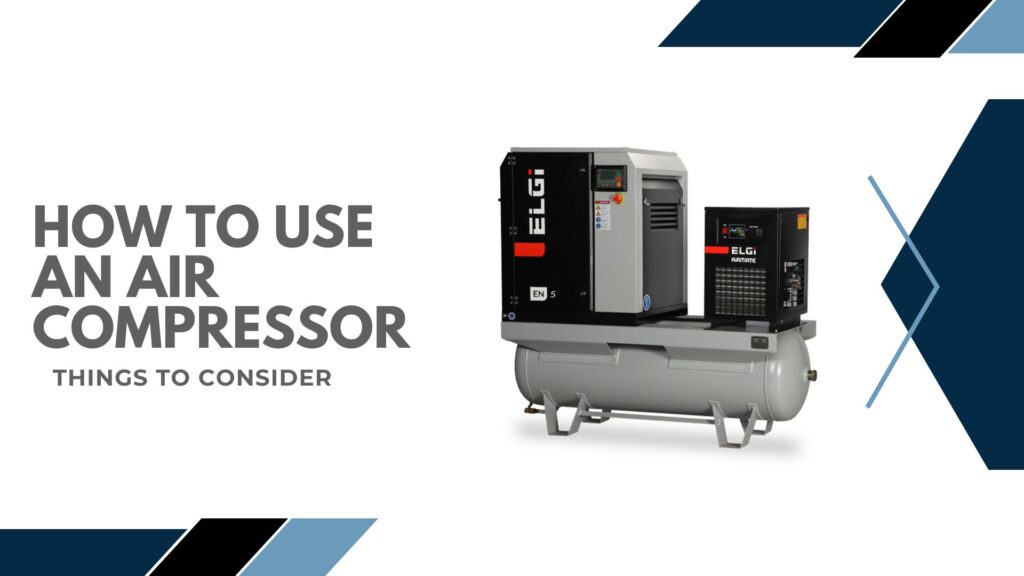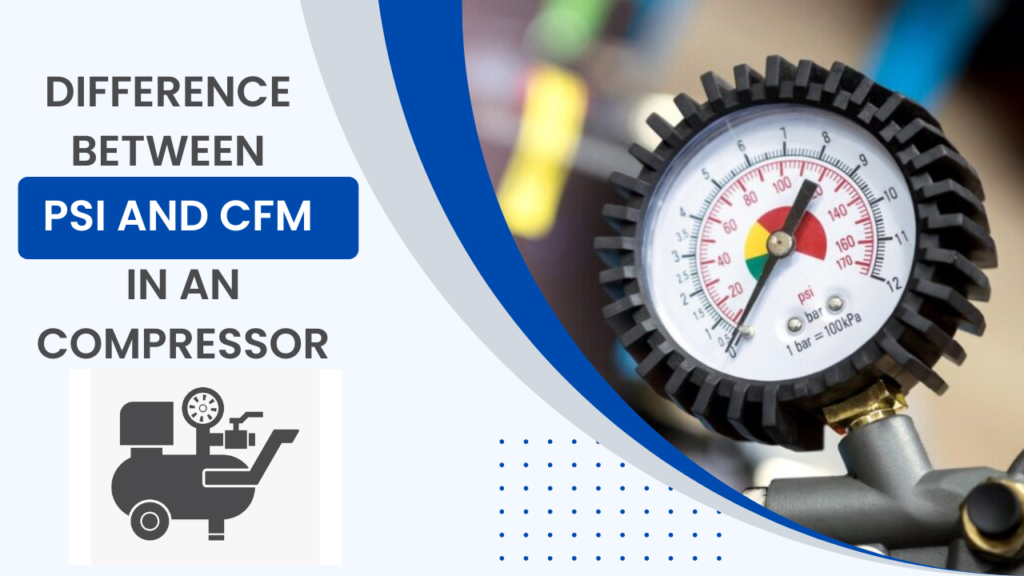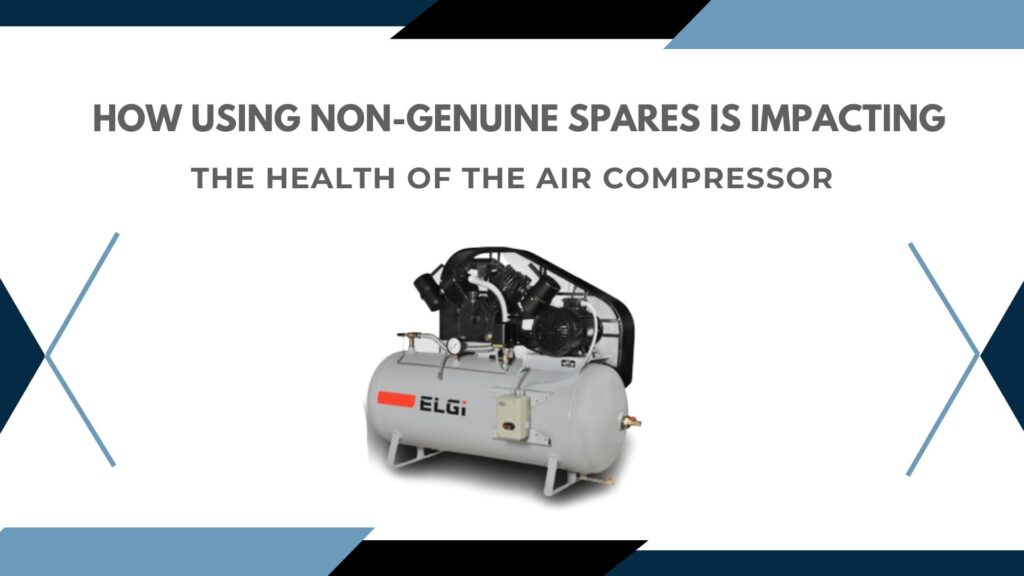
Air compressors at some point will need the replacement of some parts to make them run efficiently. Using non-genuine spares may seem like a low-priced quick fix. But in reality, these could end up costing much more in terms of health, efficiency, productivity, and life-span of the compressor. As air compressor dealers in Mumbai will tell you, using original spare parts will make you more relaxed against such issues. VEMC is the leading ELGi compressor dealer in Mumbai.
We tell you how using non-genuine spares is impacting the health of your air compressor.
Effects of using non-genuine spares
- Lower performance and durability: Genuine spares are designed as per the specifications of the air compressor. This reduces the risks of failure and a drop in productivity. However, a non-genuine spare will reduce not just performance but also the lifespan or durability due to the high likelihood of incompatibility.
- Safety issues for users: Every compressor dealer will warn you of the safety issues that non-genuine spares could create. These could also lead to poorer compliance with environmental and occupational security. Fire hazards and risks to user health are huge possibilities as well.
- Poor efficiency: While non-genuine spaes may come at much lower prices, they in the long run could cost much more due to suboptimal efficiency levels. Besides more downtime, interruptions in production and the need for frequent repairs could cost your business further. All of this ends up making non-genuine spares a rather costly deal.
- Lower quality standards: Reliability is the most important feature of any equipment. However, spares with dubious quality standards could affect your air compressor’s overall health, and reduce its reliability. Original spares on the other hand go through stringent endurance tests and quality inspections.
- Warranty: Using non-genuine parts in your compressor could turn the warranty and insurance of your equipment void. This could significantly increase your repair costs in case of a breakdown.
Genuine vs Non-Genuine parts
As any compressor dealer in Mumbai will explain, there is a lot of difference between the performance of genuine and non-genuine spares. Air filters, for instance, are necessary to keep dust and dirt out. Non-genuine air filters could cause contamination of pressurised air which can be especially problematic in sensitive operations like food processing and pharmaceuticals. Likewise, non-genuine line filter cartridges can reduce efficiency, cause a pressure drop, and raise the energy consumption of the compressor.
Why you must avoid counterfeit spares
To summarise, there are quite a few reasons for you to avoid counterfeit spares for your air compressor.
- Protecting your investment in air compressors by using only genuine spares
- Keeping your costs of operation under control
- Reducing downtime of your compressor
- Ensuring longer lifespan and reliability
- Lowering oil and energy consumption
For more information on spare parts of your air compressor, feel free to get in touch by calling us at 022 43436655 or emailing us at marketing@vemc.co.in. VEMC is the leading ELGi-authorised dealer in Mumbai.


